Robert Schumann.
“Resignation,” Op. 83, no. 1
Manuscript, 1850
Purchased with income from the Horowitz Fund
Gilmore Music Library
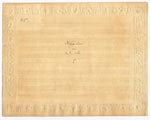 |
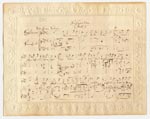 |
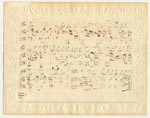 |
||||
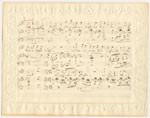 |
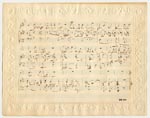 |
|||||
|
Benjamin Rowland, a businessman from Massachusetts and a member of the Yale Class of 1932, owned this manuscript. He placed it and seven others (by Haydn, Mozart, Beethoven, Schubert, Mendelssohn, and Chopin) on deposit at the Music Library, but never actually donated it. After Mr. Rowland passed away, his heirs withdrew the manuscripts from Yale. Some years later, the Schumann song came up for sale, and the Library was able to purchase it. The manuscript of Op. 83, no. 2, “Die Blume der Ergebung” is also at Yale; it is part of the Frederick Koch Collection at the Beinecke Rare Book and Manuscript Library. Yale does not have a monopoly on sources for the Drei Gesänge, however; the manuscript for “Der Einsiedler,” Op. 83, no. 3, is at the Brahms-Institut in Lübeck. |
||||||
